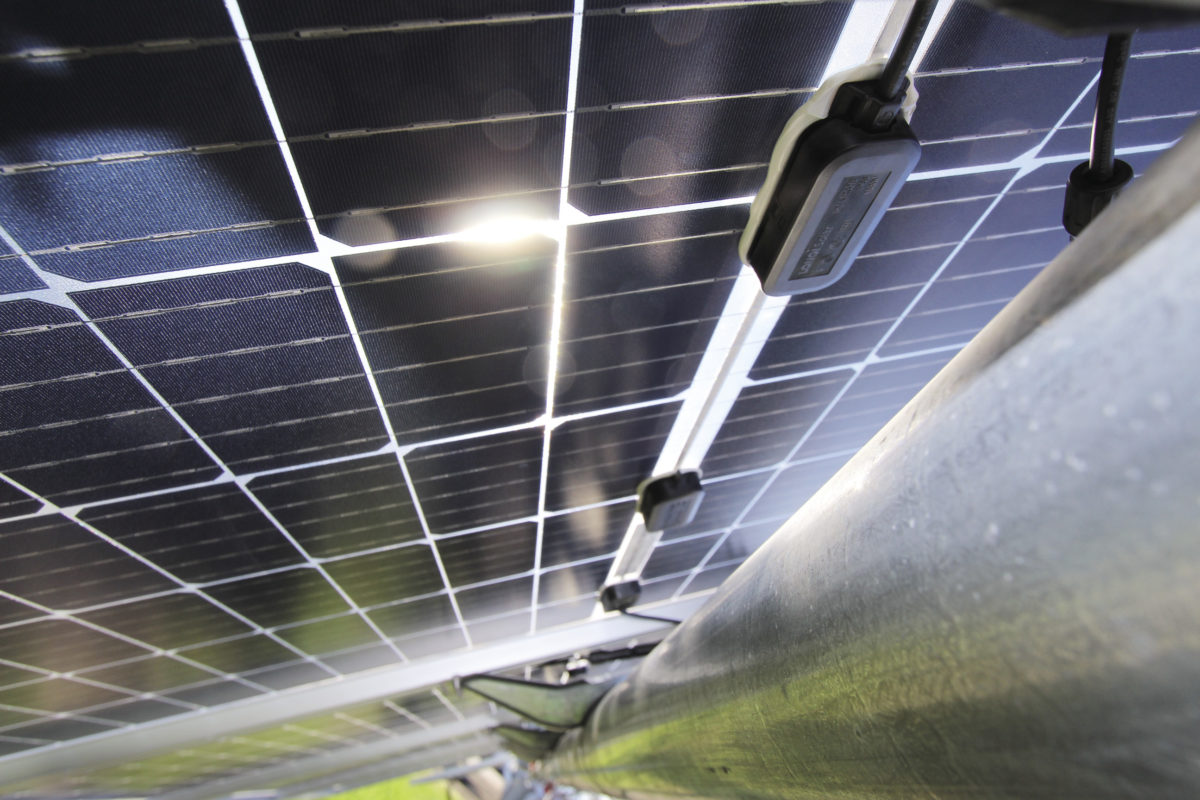Researchers at Germany's Helmholtz-Zentrum Berlin (HZB) have developed an illumination model for the deployment of bifacial solar panels, which they claim can help to reduce the levelized cost of energy (LCOE) in large-scale PV projects.
The proposed model is based on the Bayesian optimization method. The approach is based on Bayes' theorem, which is a simple mathematical formula that can be used to calculate conditional probabilities and update existing beliefs based on the arrival of new, relevant evidence.
The scientists said the model covers a range of parameters that influence the LCOE of bifacial plants, including PV components, land costs, the distance between modules, inclination angles, albedo, and weather conditions.
The scientists applied the algorithm to calculate the annual power yield of four solar plants at three locations near Seattle (warm-temperate Mediterranean climate), Dallas (humid subtropical climate), in the Mojave Desert (hot desert climate), and Havana, Cuba (tropical climate).
“We calculate optimal module inclination angles and module distances yielding minimal LCOE for various module to land cost ratios,” the researchers said. “We find that our calculated optima strongly depend on both the module to land cost ratio and the geographical location.”
The German team concluded that existing rule-of-thumb estimates for optimal module distance and tilt angles should be reconsidered.
“These rules do not consider the economic trade-off between land costs and energy yield or typical weather patterns (e.g., foggy winters) that vary for different locations,” they argued.
They described the algorithm in “Minimizing the levelized cost of electricity for bifacial solar panel arrays using Bayesian optimization,” which was recently published in Sustainable Energy & Fuels.
This content is protected by copyright and may not be reused. If you want to cooperate with us and would like to reuse some of our content, please contact: editors@pv-magazine.com.




By submitting this form you agree to pv magazine using your data for the purposes of publishing your comment.
Your personal data will only be disclosed or otherwise transmitted to third parties for the purposes of spam filtering or if this is necessary for technical maintenance of the website. Any other transfer to third parties will not take place unless this is justified on the basis of applicable data protection regulations or if pv magazine is legally obliged to do so.
You may revoke this consent at any time with effect for the future, in which case your personal data will be deleted immediately. Otherwise, your data will be deleted if pv magazine has processed your request or the purpose of data storage is fulfilled.
Further information on data privacy can be found in our Data Protection Policy.